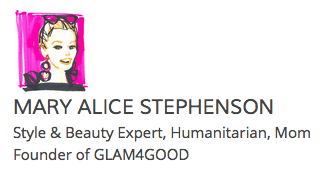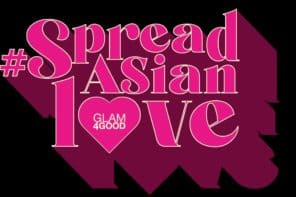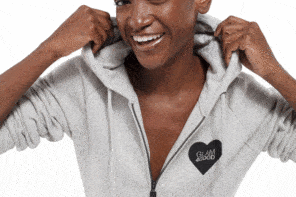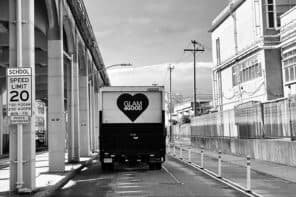

ALIMATA
I was one of seven children: six girls and one boy. I remember my mother trying to persuade my grandmother not to take her daughters to be cut. My mother felt powerless fighting against a 2000-year-old tradition.
I was nine years old when I was sent for circumcision. A neighbor took me to a house owned by the eldest woman in our village. She was well known for “blessing the daughters with their womanhood”. You see, in Burkina Faso, we did not have proper clinics for these procedures. We didn’t have doctors in white jackets and gloves. We didn’t even have anesthesia to numb the pain.
The woman who cut us used a very sharp knife; blood glistening on its edge. She used the same knife on all the girls.

I still feel that pain. You feel that pain in every inch of your body. I remember seeing so much blood. I was afraid to die. It was over. I sobbed and I sobbed. The women began to sing their songs, congratulating me on becoming a pure woman. They said I had gained my dignity.
It was now time to prepare for marriage. I was taken out of school, after completing only four years of my education. Women didn’t need to be educated. To lead healthy and secure lives, we were married off. My elders instead taught me to cook, clean, and wash.
I was thirteen when I was introduced to my husband. I felt powerless. We were blessed with two daughters and one boy.
We were still living in Burkina when my eldest daughter turned seven. The time came for her to be cut. Just as my mother, I couldn’t bare the thought of putting my girls through this and the possibility of losing one forever. Why should I put my daughters through the pain I went through? Why would I want to take their power away? Why should I take the chance of losing one of my babies?

When I arrived to this country, it was like a door had opened and rushed me in. I was blessed with an eye to see all the opportunities that exist here for women. I have been able to put myself through school and open two hair salons in New York City. I employ eight women from my community, all of who have lived through similar fate. I am also the founder and president of the Association of African Women. My goal is to bring other NY-based African women together, provide opportunities so that we may all grow together.
It is clear. I have a mission. And one day, I will bring that mission back to Burkina Faso. I will travel village to village if I have to and I will share the knowledge and the power I have been blessed with.
I am standing here today, after incredible obstacles to save my girls and to bring the rest of my family here.


 DONATE
DONATE


